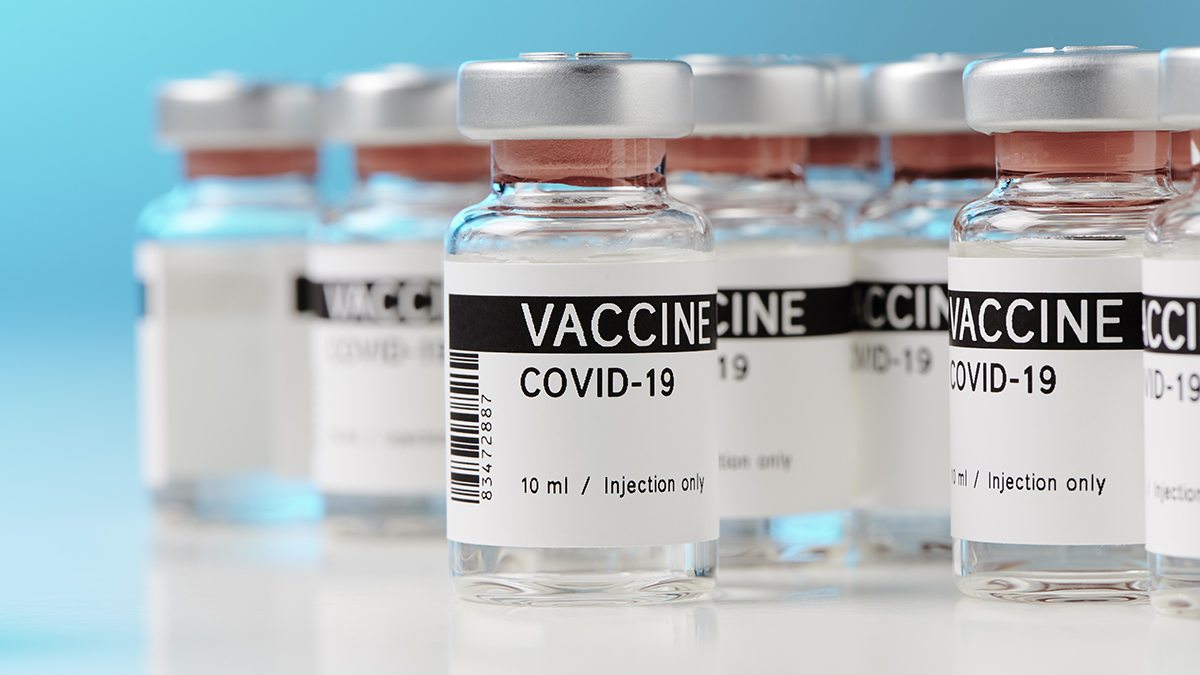What you need to know about the Johnson & Johnson pause
While officials investigate extremely rare blood clots, other vaccines remain available. The Carolina Student Vaccination Clinic will reopen April 16 using Moderna vaccinations.

An abrupt call by federal health officials to pause the use of the Johnson & Johnson COVID-19 vaccine prompted clinics around the country to halt injections of the single-shot vaccine, but other vaccines are still available to protect people from the coronavirus.
The Carolina Student Vaccination Clinic, which had been administering the Johnson & Johnson vaccine, reacted quickly and paused its operations April 13. The decision was made out of an abundance of caution, said UNC-Chapel Hill Campus Health Executive Director Ken Pittman. The clinic will reopen April 16 using Moderna vaccinations.
“Getting a vaccine remains a critical tool in stopping the spread of COVID-19. The rates of complications after having COVID are exponentially higher than rates of vaccine complications,” Pittman said.
Since opening the Carolina Student Vaccination Clinic on campus in late March, 3,000 Tar Heels have been vaccinated with the Johnson & Johnson shot.
Any student who has already received the vaccine and develops a severe headache, abdominal pain, leg pain, persistent nosebleed or shortness of breath within three weeks after vaccination should contact Campus Health or other health care provider, Pittman said.
The U.S. Food and Drug Administration and CDC recommended pausing Johnson & Johnson vaccinations on April 13 after six women developed a rare type of blood clot involving the brain within six to 13 days of receiving the vaccine.
UNC Health experts said it’s important to note that there are six cases of concern out of the nearly 7 million shots given in the United States, and it is still unclear if the clots were related to the vaccine.
“These vaccinations were paused while these events are fully investigated,” said UNC Health infectious diseases specialist Dr. David A. Wohl. “These events do appear to be extremely rare and occurred within two weeks of vaccination.”
While the incidences of these types of clots in the brain and other parts of the body are rare, it’s important to know when to seek help. Those experiencing new or worsening symptoms that are persisting for more than a few hours should contact their health care provider or the UNC COVID-19 Helpline at (888) 675-4567.
Seek emergency assistance if your symptoms are severe.
Again, public health officials have not determined that the vaccine is connected to blood clots, only that more investigation of those six cases is needed. More information is expected in the days and weeks to come.
Vaccine safety is a top priority for the federal government, which is why even very rare reports are investigated, according to the U.S. Food and Drug Administration and the Centers for Disease Control and Prevention.
Other vaccines are not paused
Beginning April 16, students will receive the Moderna vaccine at the Carolina Student Vaccination Clinic. The Pfizer vaccine also remains available throughout North Carolina.
“These two other vaccines have not been linked to blood clots,” Wohl said. “They also work differently than the Johnson & Johnson vaccine and have been given to many more people without reports of post-vaccine blood clots.”
The vaccines have been through every stage of clinical trials that would typically take place. It is not possible to get a vaccine into humans without taking all the necessary steps. The FDA will only allow an emergency use authorization if the expected benefits outweigh the potential risks.
During a news briefing on April 13, Triangle area doctors shared concerns that the greatest side effect will be more vaccine hesitancy and fear of getting vaccinated.
“The vast majority of people who get these vaccines have no problem with them and are now protected from getting sick and infecting others,” said Duke Health’s Cameron Wolfe. “Whilst these cases are important, this should not put a pause on the other vaccines.”
Carolina students can register for a vaccination appointment at studentcovidvax.unc.edu




